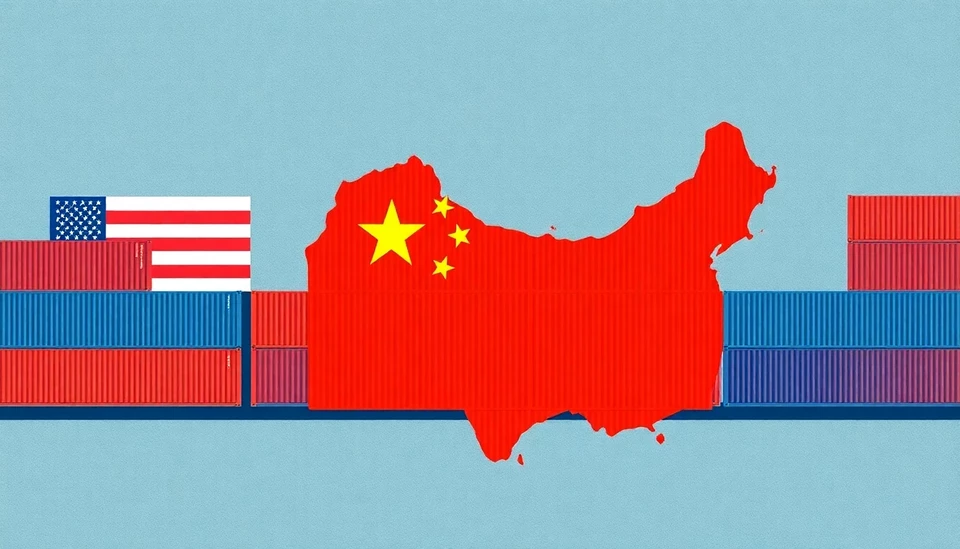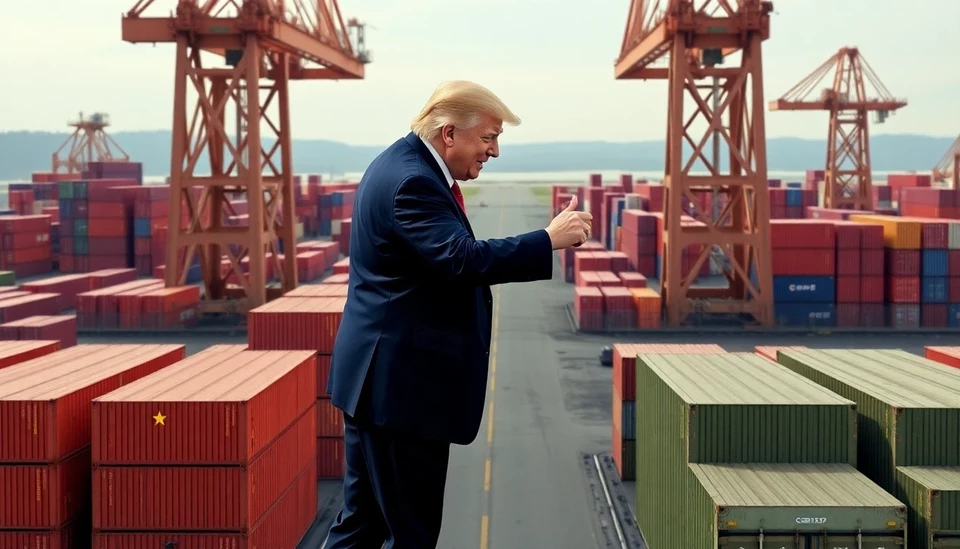
In a vigorous response to ongoing trade disputes, the United States has instituted higher taxes on small parcel shipments, an action primarily targeting imports from specific nations. This tax is seen as part of a broader tit-for-tat strategy designed to counteract what the U.S. government regards as unfair trade practices and to level the playing field for American businesses.
The new tax structure primarily affects small packages, particularly those from foreign e-commerce enterprises. This shift in policy comes on the heels of mounting pressure from domestic manufacturers, who have been vocal about the competitive disparity created by lower shipping costs associated with overseas e-commerce platforms. The policy is designed to address these issues by imposing increased tariffs on parcels valued at a certain threshold, forcing international sellers to rethink their pricing strategies in the U.S. market.
Industry experts suggest that the higher taxes on small parcels represent a significant escalation in the current trade war climate, which has seen various tariff announcements and adjustments in recent years. Furthermore, small businesses that depend on importing goods from overseas stand to face a complex array of new costs and logistical challenges as they navigate this changing landscape.
Critics of the tariff increases argue that this move may backfire, potentially driving up costs for American consumers and curtailing the competitive edge that small parcel shipping has offered to U.S. consumers in terms of pricing and convenience. Advocates for the measure, however, maintain that protecting local industry is paramount, citing the need to safeguard American jobs and manufacturing interests against the tide of cheap foreign imports.
The implications of this tax hike are likely to ripple through various sectors, particularly e-commerce, where agility and pricing strategy are key to survival and growth. Retailers that primarily serve domestic markets may find themselves grappling with the effects of this new tax regime, as they attempt to adapt to the new economic reality shaped by these trade policies.
As the situation unfolds, businesses on both sides of the border will be keenly watching how these developments affect trade flows, market dynamics, and consumer behavior, as well as any potential retaliatory measures that could further complicate the trade landscape.
With these changes, the U.S. government aims to streamline its import processes while also ensuring that its domestic industries can compete fairly in a global marketplace increasingly defined by e-commerce and rapid parcel shipping. This move represents a strategic pivot in U.S. trade policy, one that may have lasting impacts on how businesses engage in international trade going forward.
#USTradeWar #TariffIncrease #ECommerce #SmallBusiness #ImportTaxes #TradePolicy #GlobalEconomy
Author: Rachel Greene

